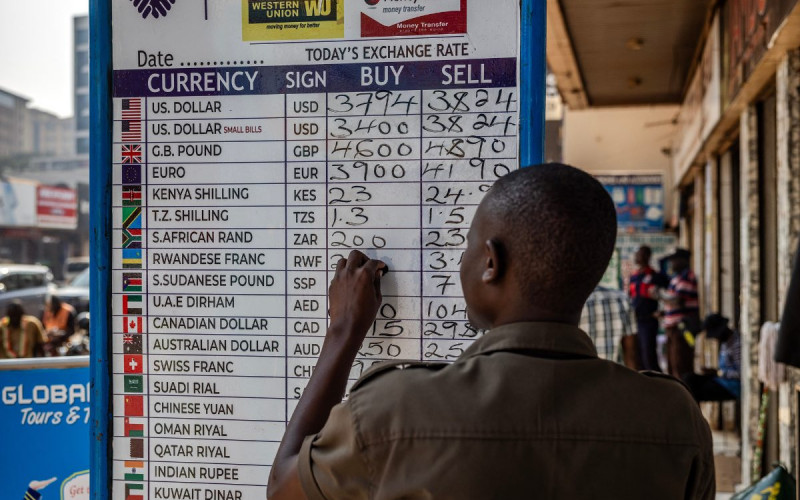At continental level this dilemma is illustrated by the sluggish progress on the implementation of the New Partnership for Africa’s Development (Nepad).
Development assistance alone will not attain the rates of economic growth and development that Africa requires to achieve the Millennium Development Goals of halving poverty, reducing child mortality by two-thirds and achieving universal access to primary education by 2015.
African countries that have traditionally received the highest aid per capita such as Zambia have fared dismally economically. Sustainable development can only occur with hefty private sector involvement. Business is asked to be a key partner in implementing the Nepad vision. But Nepad’s programme provides very few guidelines on how business is supposed to take up this role.
Sasol chairman Paul Kruger remarked in his annual report that Nepad had not done enough to support business in Africa. His comments relate specifically to the slow progress in setting up the necessary structures that will facilitate implementation of the Nepad vision. But he acknowledges how critical the success of Nepad is for South Africa.
The African Peer Review Mechanism is an attempt to provide some structure to the process. Under the five stages that will constitute the African peer review there is provision for development of a national draft action programme by each nation being assessed.
The drafting process should entail substantial civil society input on issues such as sound fiscal management practices; tough corporate and macro-economic governance measures; and transparent and consultative policy-making, aside from more traditional political commitments to protect human rights and observe free and fair political processes.
The structuring of the peer review process recognises the importance of a national approach to the implementation of the Nepad objectives. Despite the grand vision Nepad offers at a continental level, business operates at the national level. Few countries in Africa have achieved consistent high growth and economic stability, although Botswana has bucked the trend.
The potential for business growth on the continent is immense. The rapid expansion of South African business on the continent since 1994 with average returns of between 30% on equity in the banking sector and up to 60% in other sectors illustrates just how profitable business in Africa can be.
However, the business of attracting business begins at home. It is up to every country to ensure that it provides the proper regulatory framework and the right mix of incentives to attract and retain local and international business confidence. African governments will be best served if they engage with these issues as a matter of priority instead of waiting for the rather laborious peer review process to begin.
The South African public’s recent exposure to the dilemma of accountable and transparent business-to-government practice in the form of the Brent Kebble saga shows just how far our society still has to go to achieve Nepad’s lofty ideals.







